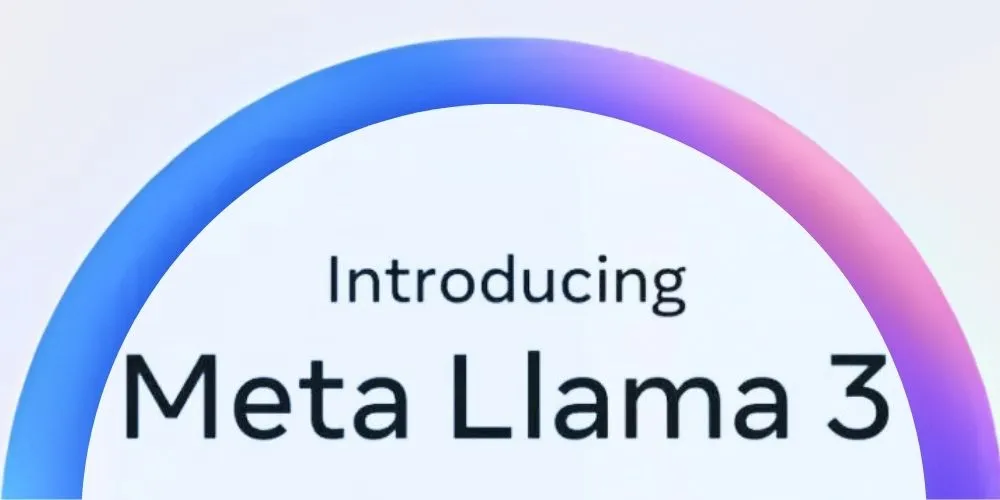Key Points:
- Meta Platforms releases early versions of Llama 3 and an image generator to compete with OpenAI. The models are integrated into Meta AI.
- Llama 3 is trained on images and text, with future versions planned to incorporate advanced reasoning and multimodal capabilities.
- Meta’s partnership with Google supplements its collaboration with Microsoft’s Bing search engine. Meta AI expands to more markets outside the U.S.
- Despite Meta’s efforts to address past issues, concerns remain about the performance gap between free and proprietary AI models.
Meta Platforms, formerly known as Facebook, has launched early versions of its latest large language model, Llama 3, and an image generator that updates pictures in real time. These innovations are part of Meta’s efforts to challenge OpenAI’s dominance in the generative AI market.
The new models will be integrated into Meta AI, the company’s virtual assistant, which it is pitching as the most sophisticated among its free-to-use counterparts. Meta AI will receive more prominent billing within Meta’s apps, such as Facebook, Instagram, WhatsApp, and Messenger, as well as on a new standalone website aimed at competing directly with OpenAI’s ChatGPT.
The updated Meta AI assistant offers various functionalities, including creating vacation packing lists, playing trivia games, providing homework help, and generating images of landmarks like the New York City skyline. Meta has been striving to push generative AI products to billions of users, involving significant investments in computing infrastructure and consolidating research and product teams.
Meta has openly released its Llama models for developers to use. Llama 3 has been equipped with new computer coding capabilities and trained on images and text, although it currently outputs only text. Future versions will incorporate advanced reasoning and multimodal capabilities to generate text and images.
Meta’s partnership with Google to include real-time search results in the assistant’s responses complements its existing arrangement with Microsoft’s Bing search engine. The Meta AI assistant is expanding to more than a dozen markets outside the U.S., including Australia, Canada, Singapore, Nigeria, and Pakistan, while the company continues to navigate privacy regulations in Europe.
Meta CEO Mark Zuckerberg highlighted Meta AI’s intelligence compared to other free models, with Llama 3 boasting impressive parameters ranging from 8 billion to 400 billion. However, concerns remain about the performance gap between free and proprietary models, with developers expressing past frustrations with understanding context in previous versions of Llama.
Meta addressed some of these concerns by leveraging high-quality data to enhance Llama 3’s nuance recognition. Despite the advancements, challenges persist in ensuring accurate and contextually appropriate outputs from generative AI models.





